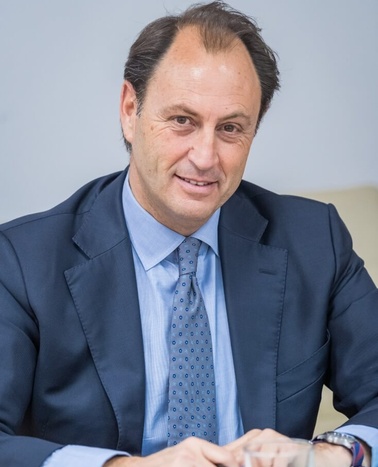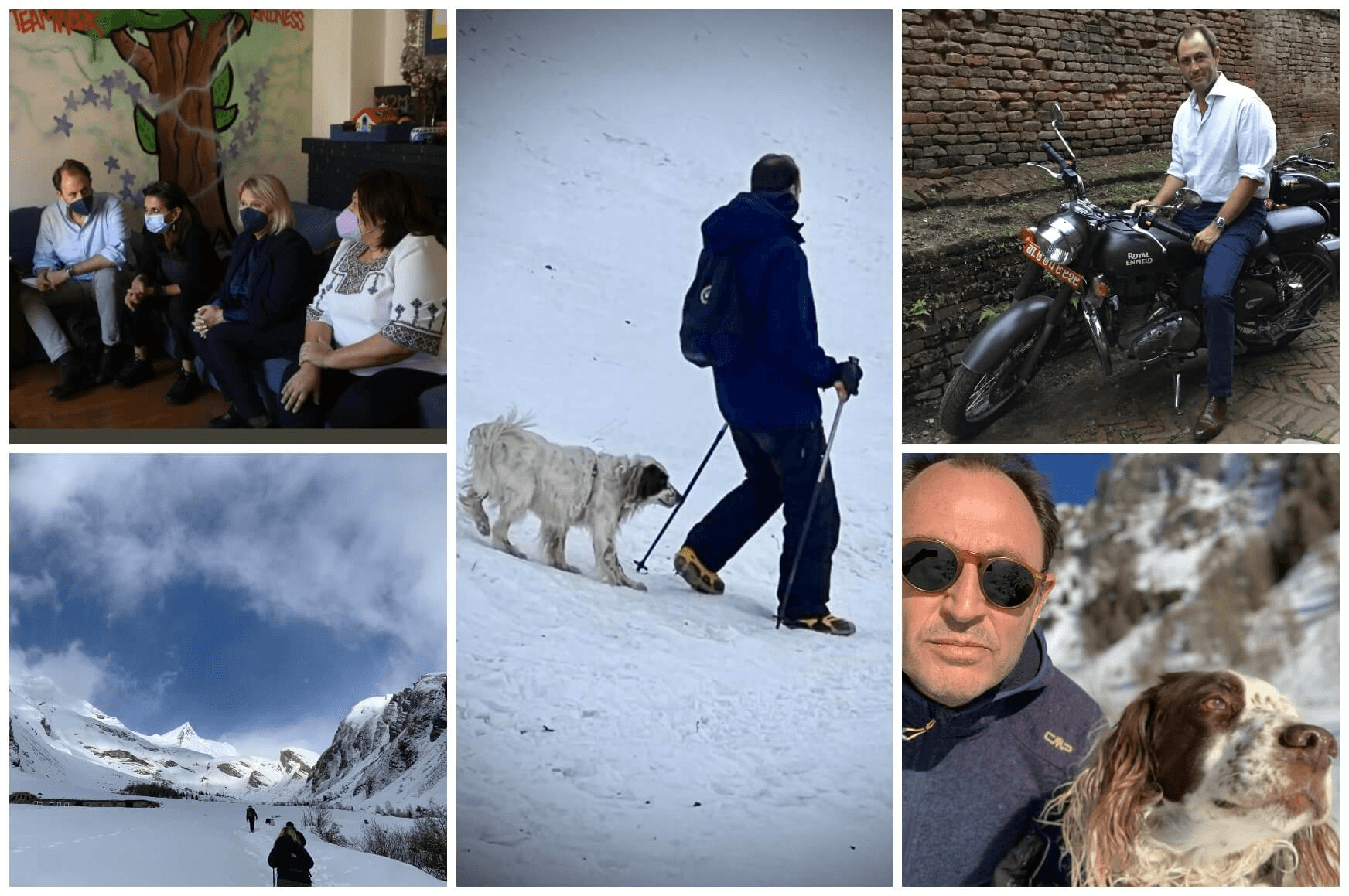
Pablo Espiniella
I’ve always been interested in global experiences and, since very early in my student years, passionate about dismantling the barriers of inequalities and exclusion. Both my studies and my work have taken me all over the world, and I’ve had the privilege of working in countries like Thailand, Nepal, Myanmar, Maldives, Colombia and Guatemala. My career has spanned two decades, from more than 20 years at the Office of the United Nations High Commissioner for Human Rights and two years as a Human Rights Specialist in the World Bank to teaching human rights law and sustainable development. I also work as a visiting professor in various international university programs, including the Master in International Development here at IE University. I’m passionate about helping people find justice. I focus mainly on migrant rights, particularly those of women and children, as well as combating all forms of violence against children and indigenous peoples. Justice means something different to everyone, but, in my opinion, it goes far beyond the courts—it means ensuring everyone has the same opportunities.
“We are all responsible for making sure that the world is a more equal place where every child—independently of their status—can fully enjoy their human rights.”
Striving for a fairer world
Pablo Espiniella may have been born in Spain, but he’s very much a global citizen. As an experienced international law specialist, he’s worked in Europe, the Americas and Asia, supporting numerous states in their compliance with national legal frameworks. Pablo is driven by a desire to help people, and he’s got the experience and education to back it up. Having studied in Spain, France and Canada, he holds a Ph.D. in International Law from the Universidad de Zaragoza, where he graduated with the highest honors. His doctoral thesis on the application of the best interest of the child in age determination procedures for unaccompanied children has been used as a reference for the transformation of national procedures in respect of international human rights standards.
Pablo’s career has never let him stay in the same place for too long. He has held a number of roles, from working in Bangkok as the regional representative for Southeast Asia to moving to Brussels to open the first Regional Office of the High Commissioner for Europe. Prior to his current assignment in New York—in the Office of the Special Representative of the United Nations Secretary-General on Violence Against Children—he worked in Geneva as Senior Human Rights Officer/Programme Management Coordinator at the Office of the Director of the Division of Field Operations and Technical Cooperation of UN Human Rights.
“We are all born equal, but life hands us very different situations.”

He teaches international human rights law and sustainable development. He takes his students on a journey, starting with the foundations of human rights to their practical application at the country level. For him, it’s only when we grasp the fundamentals of human rights that we can understand how the international standard human rights mechanisms work. Furthermore, the work of these mechanisms and the engagement with countries, national institutions and civil society are essential for sustainable development and sustained peace. Pablo believes in a well-rounded approach when it comes to teaching. He walks students through the theory of the international human rights framework and takes a more practical look at how organizations like the UN are key in helping individual states protect human rights—including ensuring active and meaningful participation of the most disadvantaged groups. In Pablo’s classes, you’ll find a mixture of theory, practice and in-depth discussions on various human rights-based topics—inequality, discrimination, and access to things like education and water. He encourages students to explore how institutions can ensure everyone has access to justice and how they protect people’s civic, political, economic, social and cultural rights. Children’s rights and children’s participation are also a main focus of his journey.
Pablo’s key message? That we are all born equal in dignity and in rights. We are all responsible for making sure the world is a fairer place for everyone and we have the ability to make a difference—as politicians, development practitioners, business people or individuals. It’s time to level the playing field. We know what is needed—we just need to do it!
“We are all responsible for making sure that the world is a more equal place where every child—independently of their status—can fully enjoy their human rights.”